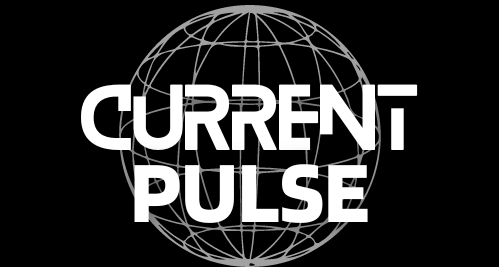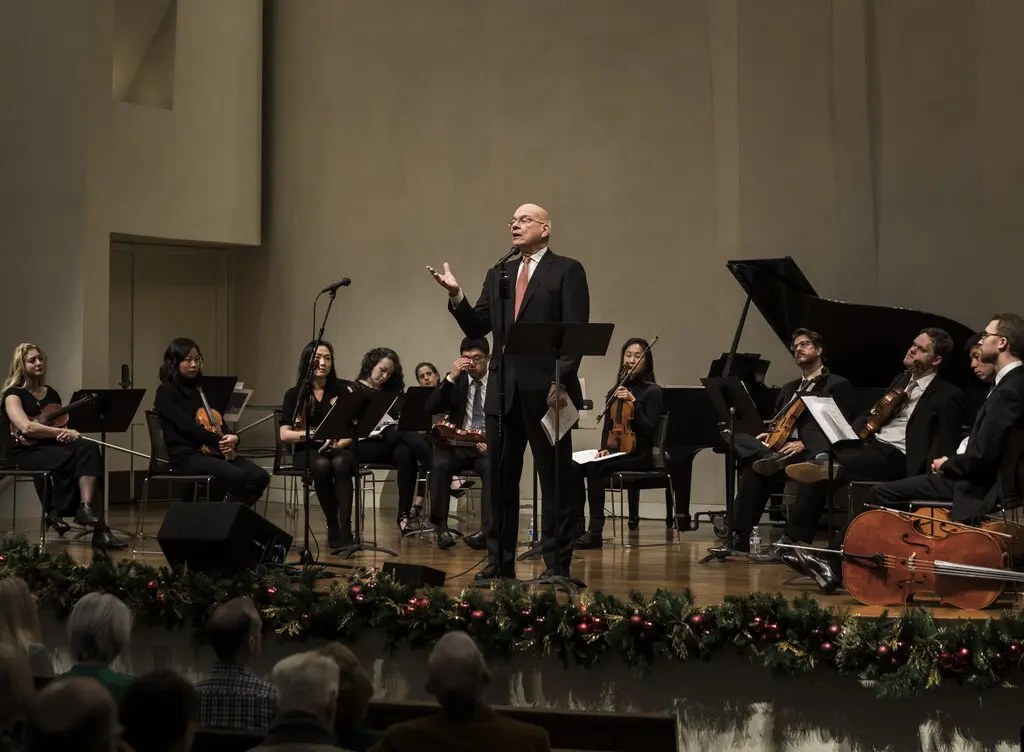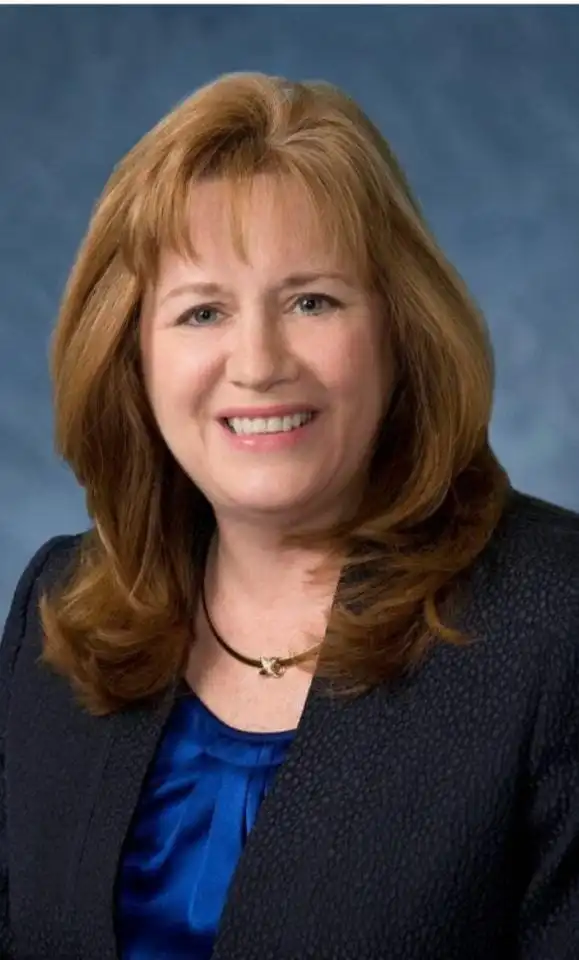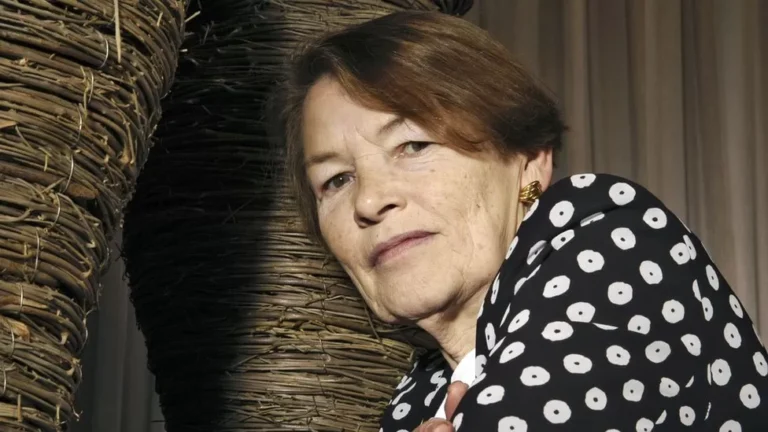The Rev. Timothy J. Keller, a leading figure in Christianity renowned for his theological contributions and the establishment of a conservative church in the heart of Manhattan, has sadly passed away at the age of 72. Redeemer City to City, an organization affiliated with Redeemer Presbyterian Church, announced his death, which comes after his battle with Stage 4 pancreatic cancer.
Timothy Keller, together with his wife and three sons, relocated to New York in 1989. With an unconventional approach and a commitment to conservative Christian values, Keller embarked on what many considered a daring endeavor—to create a theologically orthodox church in the midst of a city known for its secularism.
Despite skepticism, Keller’s vision materialized into Redeemer Presbyterian Church, which quickly gained traction and drew in thousands of young professional followers. By the end of 2007, the congregation had grown to over 5,000 attendees and had spawned several daughter congregations in the greater metropolitan area.
Today, Redeemer Presbyterian Church boasts multiple locations throughout Manhattan, including the main church on West 83rd Street near Amsterdam Avenue, with others situated in the Lower West Side, Lincoln Square, the Upper East Side, and East Harlem. Keller’s impact extended far beyond the church walls, as his weekly sermons, available for download on the Redeemer website, reached thousands of people worldwide. His literary contributions, with dozens of books translated into 25 languages and an estimated 25 million copies sold, further solidified his influence.
Described as a professorial communicator, Keller’s messages resonated with a wide audience. He infused his sermons, podcasts, blogs, and writings with references to renowned thinkers such as C.S. Lewis, philosophers Michel Foucault and Thomas Kuhn, Japanese poet Issa, and even filmmaker Woody Allen. While holding conservative beliefs on issues like homosexuality, premarital sex, and abortion, Keller also emphasized the need for moral absolutes that promote justice, mercy, and concern for the poor.
Throughout his career, Keller demonstrated a commitment to social service and integration of Christian theology with professional experience. He played a pivotal role in founding organizations like Hope for New York, which deploys volunteers and grants funds to ministries offering social services, and the Center for Faith and Work, aimed at connecting Christian faith with everyday professional life.
Notably, Keller stood apart from many evangelical leaders by refusing to align himself strictly with a particular political view. He cautioned against Christians becoming entrenched in partisan ideologies, emphasizing the need for a non-oppressive moral absolute that fosters a balance between personal convictions and respect for others.
Recognizing his impact on evangelical Christianity, former President George W. Bush, also a devout Christian, expressed his gratitude for Keller’s teachings and compassion. Keller’s theological contributions and his commitment to loving cities, promoting mercy and justice, and caring for neighbors will undoubtedly leave a lasting legacy.
Timothy James Keller was born on September 23, 1950, in Allentown, Pennsylvania. His upbringing in a Lutheran household and his involvement with the InterVarsity Christian Fellowship during his college years shaped his faith journey. After earning a bachelor’s degree, he pursued theological education, obtaining a master’s of divinity from Gordon-Conwell Theological Seminary and a doctor of ministry degree from Westminster Theological Seminary.
Keller leaves behind his wife, Kathy Louise Kristy, three sons—David, Michael, and Jonathan—and a sister, Sharon Johnson. His son Michael Keller currently serves as a pastor at Redeemer Lincoln Square. Keller’s unwavering commitment to his faith, even in the face of personal challenges like a previous battle with thyroid cancer and his recent pancreatic cancer diagnosis, served as a testament to his belief in a God who is wise and loving.
The passing of Timothy Keller marks the end of an era for the evangelical community. His pioneering spirit, devotion to orthodoxy, and his impact on urban ministry and social justice will continue to inspire and influence future generations.








